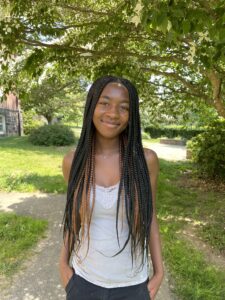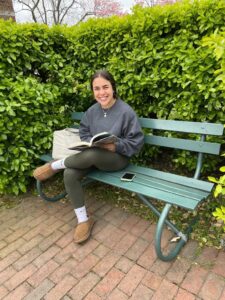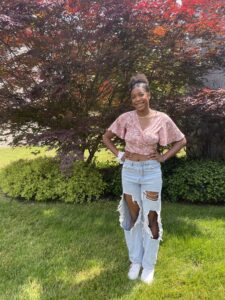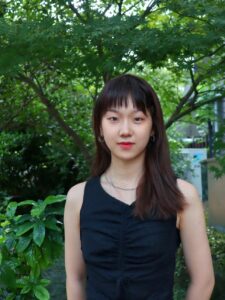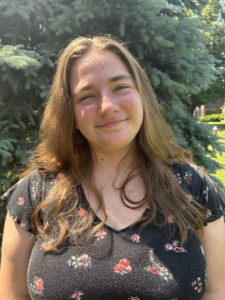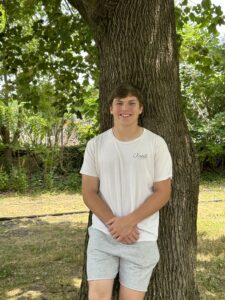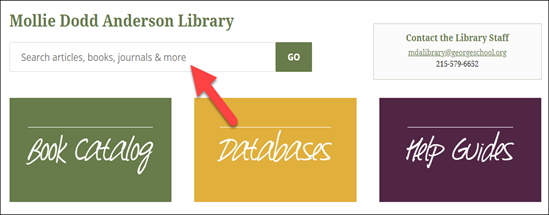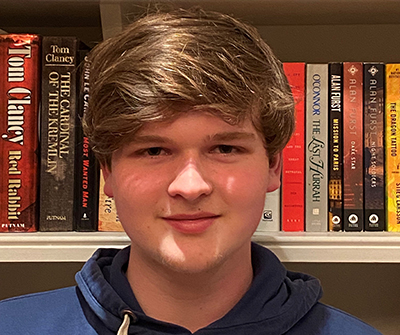
Matthew (Matt) Rampe ’23 joined Model United Nations (UN) during his first year at George School to explore his passions of history, politics, and current events, while honing his public speaking and debate skills and having fun in the process.
“I have always had a passion for history and politics. I read about history in my free time and keep up to date on current events. Model UN is a way to do something fun that fits my interests,” explained Matt. “My brother was at George School before me, and he was a member of Model UN. He loved it. When I came to George School during my freshman year, I decided that I wanted to see what Model UN was all about. I joined Model UN and went on my first trip to Philadelphia for the Ivy League Model UN Conference. During that conference, it was such an amazing experience. I learned a lot and met really interesting people that had the same passions as me.”
“The next year, because of Covid, we did a virtual conference, and even though it was not the same as being in person, it was still a fun experience. I was able to meet a lot of people even in the virtual setting. During my freshman year, I represented Mexico at Model UN and then Russia in my sophomore year in the virtual conference. Each country created a different experience that was fun and challenging,” said Matt. “Although I joined the club at the recommendation of my brother, I have come back for the past three years because of the people involved. Everyone involved in Model UN is passionate about what we do and want the experience of the club to be the best possible.”
“Model UN gives students an opportunity to learn about debate procedure and to get direct experience crafting a position and using emotion and fact to defend that position,” explained Matt. “During the conference, building alliances is the key to achieving your goal. The mock diplomacy gives students the opportunity to collaborate in a teamwork-based environment.”
“In government, you always need to find that common ground when you are talking with people who might hold really different beliefs,” said Matt. “In Model UN, you learn the importance of forming a bloc, a group of delegates who have a common goal and work together to find a resolution. For example, when I was Mexico, we discussed the issue of brain drain, which is when a country loses highly educated people to other countries to make more money there. When I joined a bloc, I picked one that was advocating for keeping people in their own country because that would be in Mexico’s best interest. The belief gets you in the bloc, but afterward, you need to build relationships and find people to work with to achieve your policy goals. You set the policy once you are in a bloc. I love being a smaller country because you get more free range for who you work with. If you are a big country, you need to operate within the framework of existing treaties. When you first receive the topic, you usually need to write a small research paper about the topic. Before a conference, you definitely want to do research into the major policies that are the focus. You do not want to be the person who does not know anything. You want to be a part of the conversation.”
Matt hopes to continue to build on his interests upon graduating from George School. “After George School, my ideal path would be to major in History and get a PhD in Roman History. I really love learning about ancient Rome and seeing the historical parallels between a time so long in the past and today. Politics will hopefully be a part of my future too. My brother had an internship with Congressman Brian Fitzpatrick and got to actually engage in frontline politics. I want to get involved in politics as well, especially at the local level with an aspiration for holding higher, national office eventually. Politics shapes the future, and we live in such a crazy time where we see history being made every day in real time. I am currently taking global politics and we get into the weeds about what is influencing current events. Developing issues helps understand what happened in the past and where we are going in the future. Having the chance to discuss politics with people is something I love about being at George School. What draws me into discussing politics is the history that led us to where we are. You learn about the presidents and other leaders who actually made the change. It is really important to be part of the change, and to influence your own history and larger history, you cannot take a back seat. You need to be involved.”

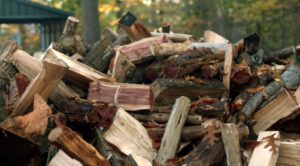
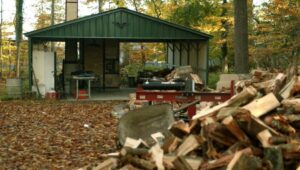
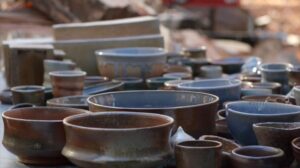
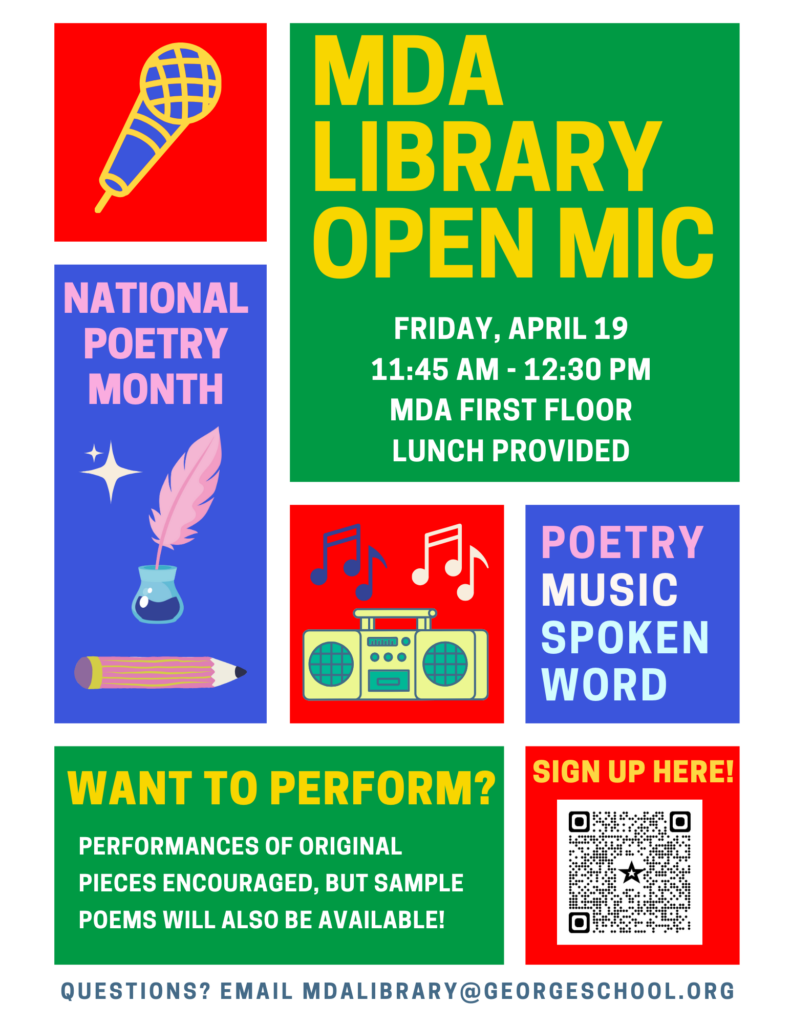
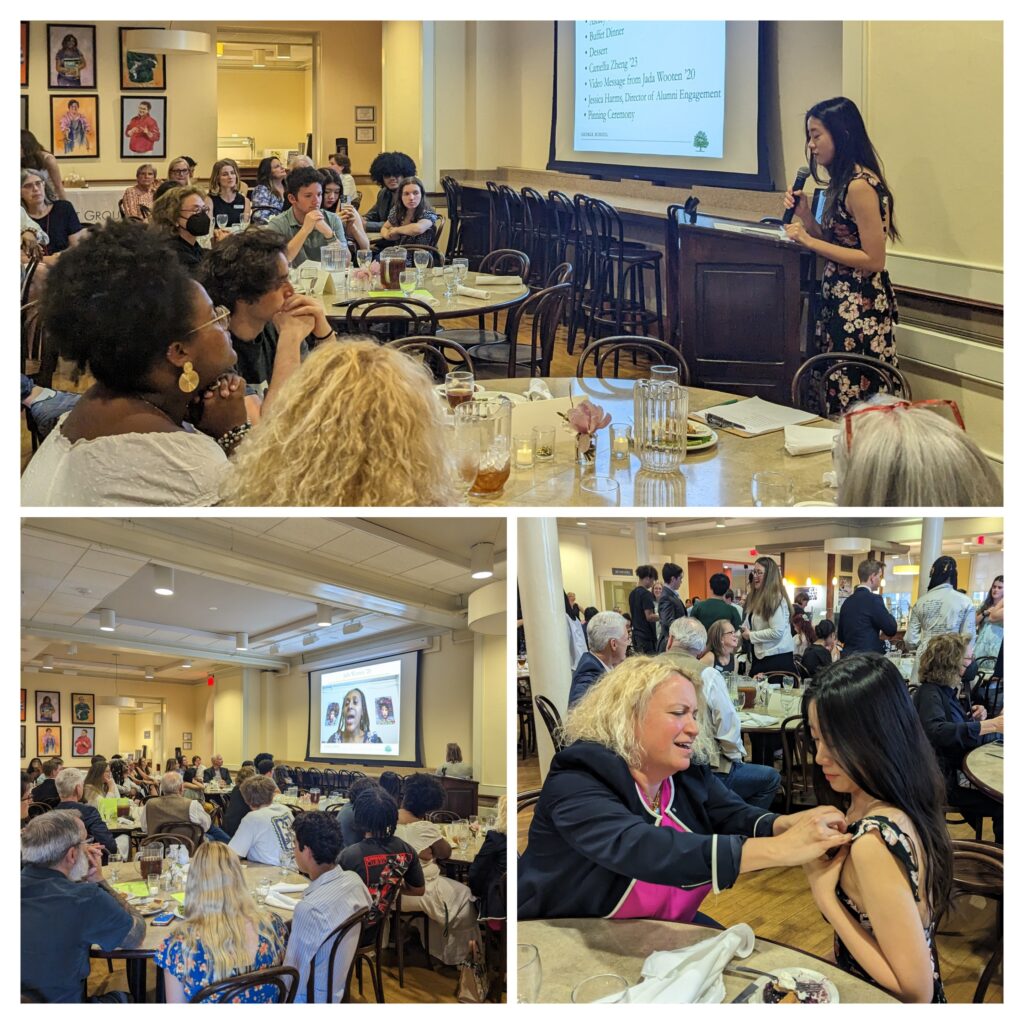
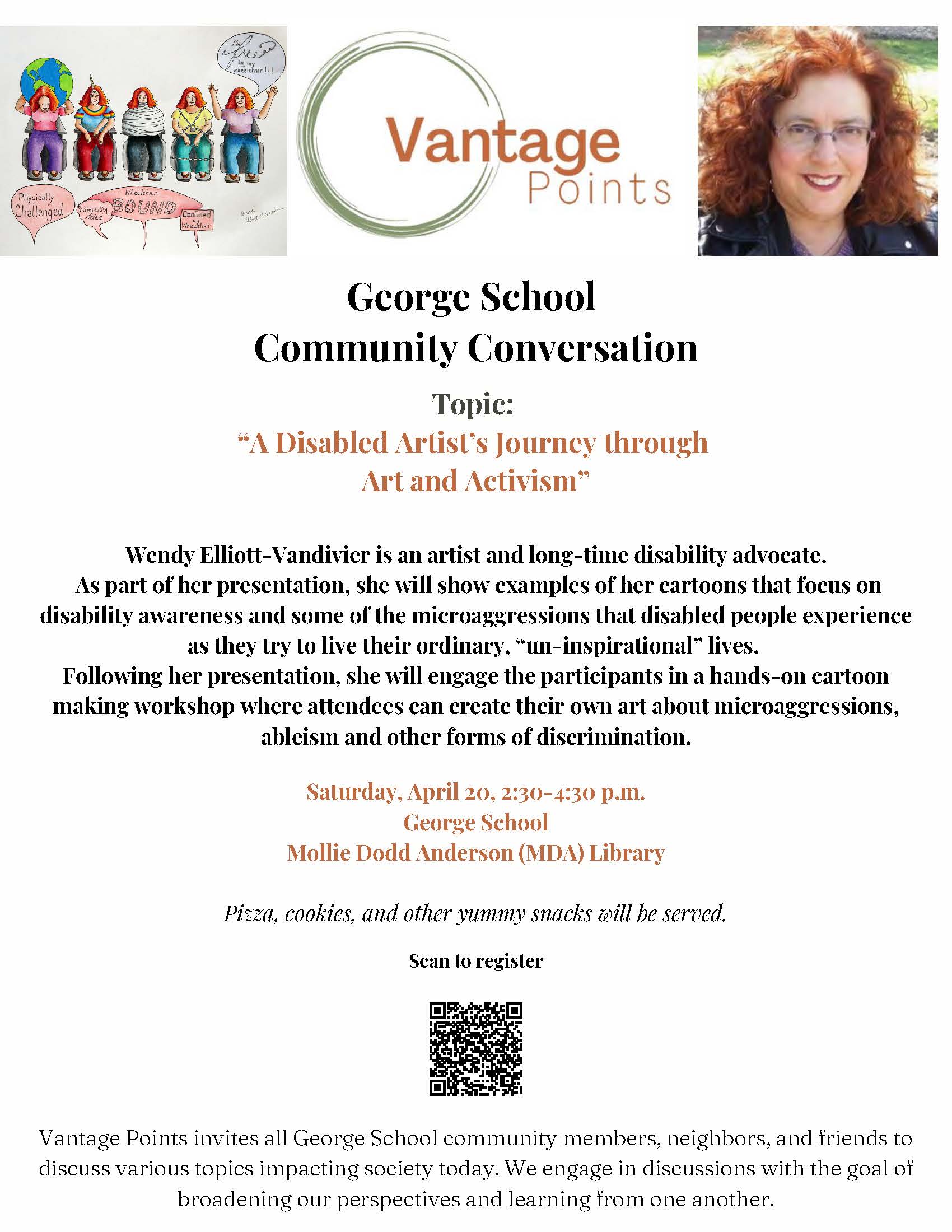
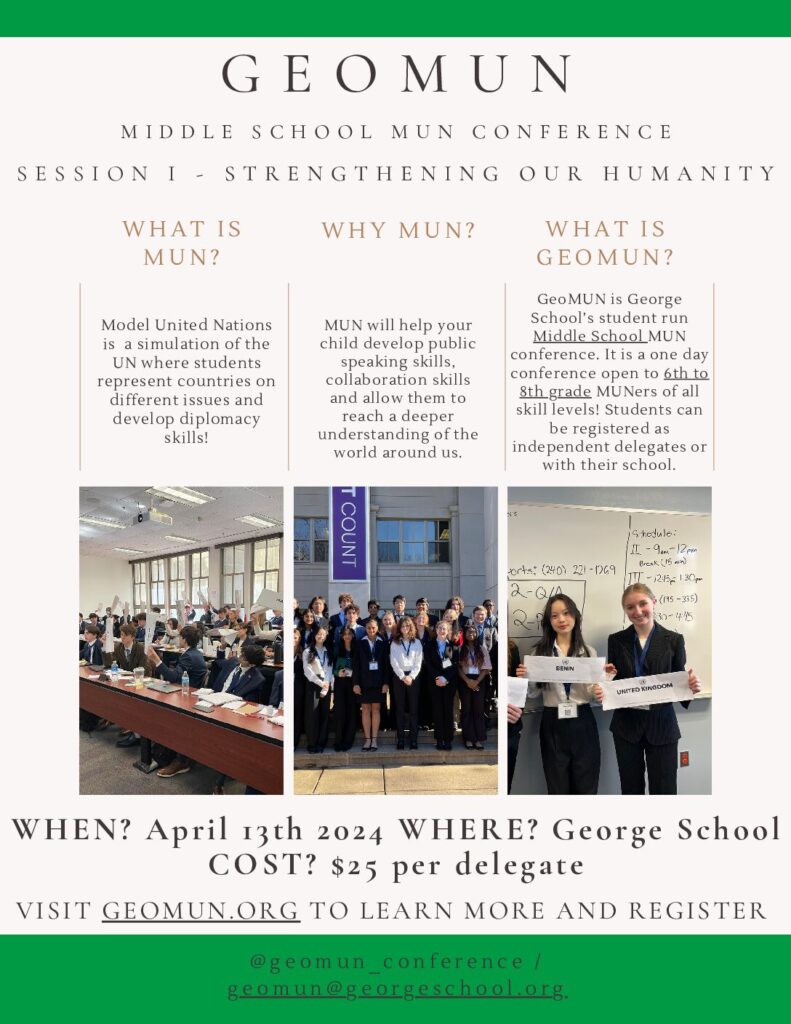
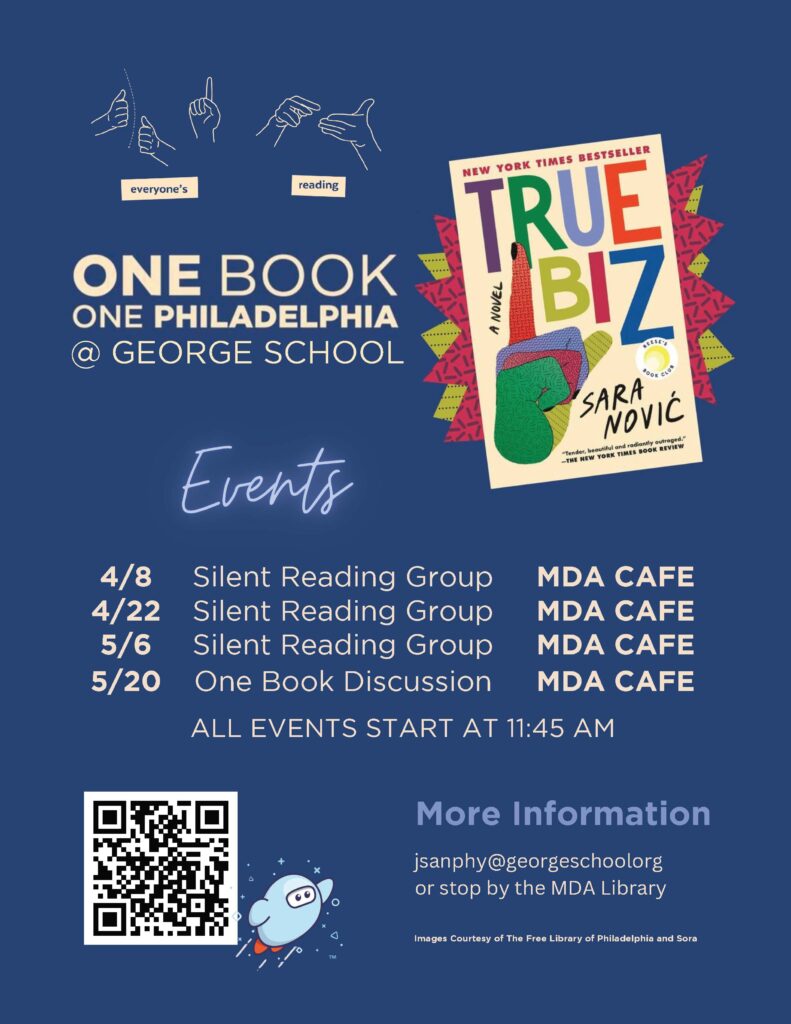
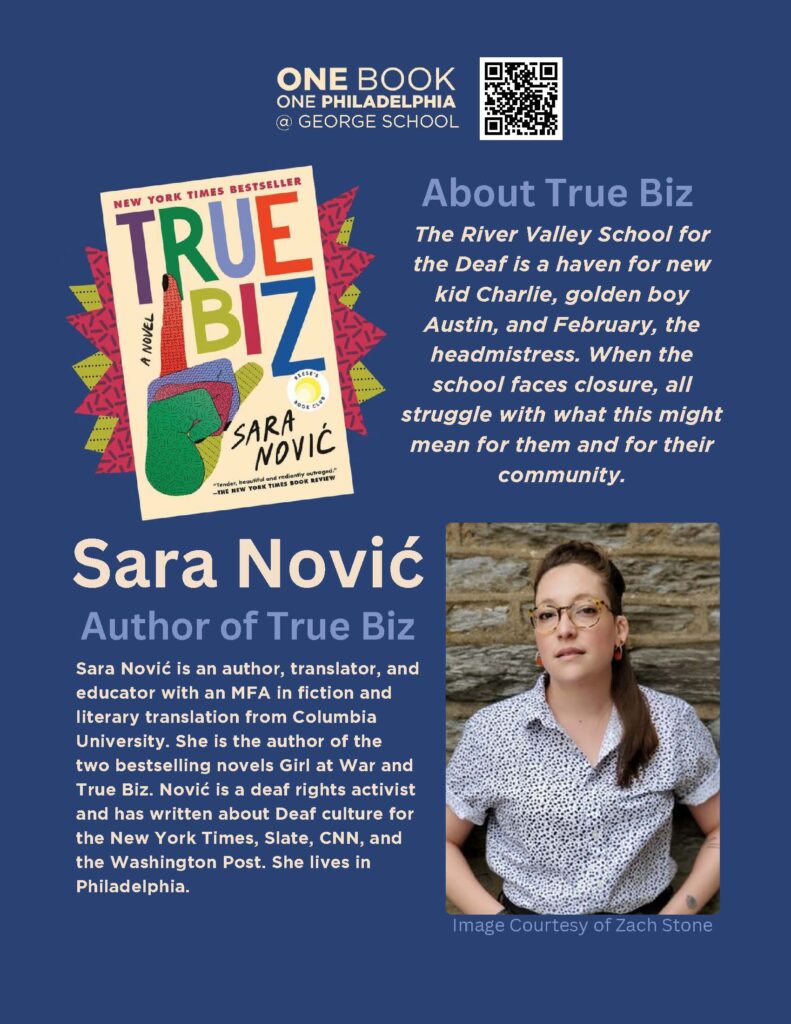
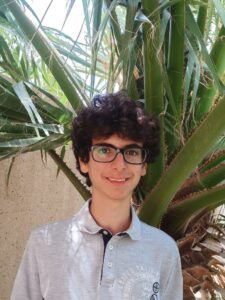 Monastir, Tunisia, and Amman, Jordan
Monastir, Tunisia, and Amman, Jordan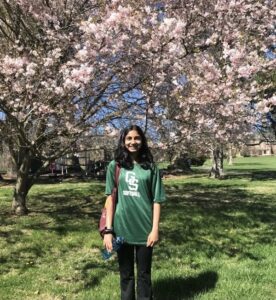 Irvine, CA
Irvine, CA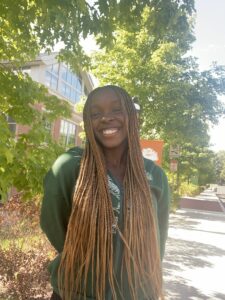 Feasterville-Trevose, PA
Feasterville-Trevose, PA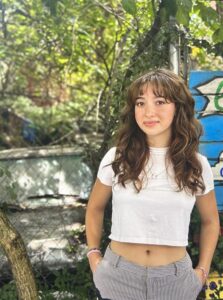 New Hope, PA (Previously NYC)
New Hope, PA (Previously NYC)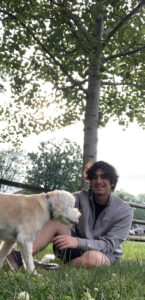 Richboro, PA
Richboro, PA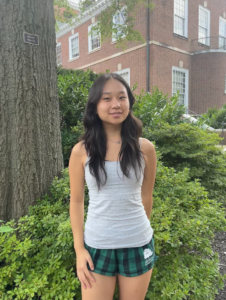 Englewood, NJ
Englewood, NJ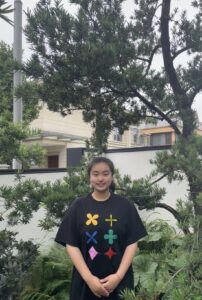 Ningbo, Zhejiang, China
Ningbo, Zhejiang, China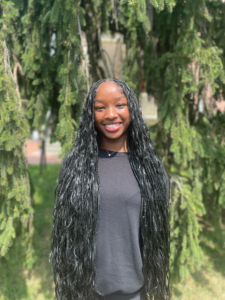 Willingboro, NJ
Willingboro, NJ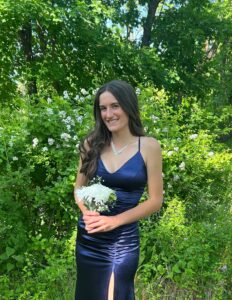 Yardley, PA
Yardley, PA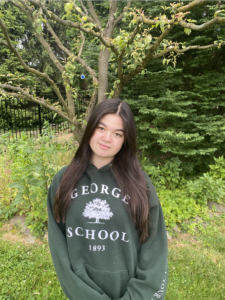 Newtown, PA
Newtown, PA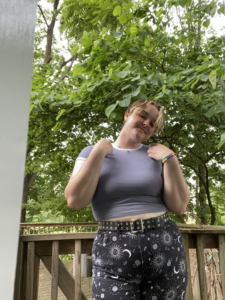 Holicong, PA
Holicong, PA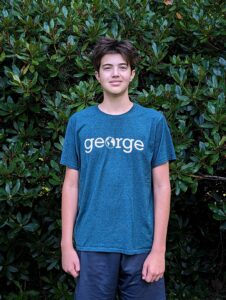 Newtown, PA
Newtown, PA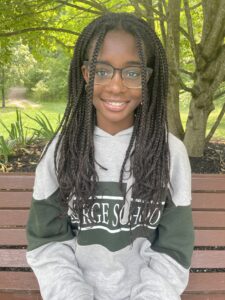 Hamilton, NJ
Hamilton, NJ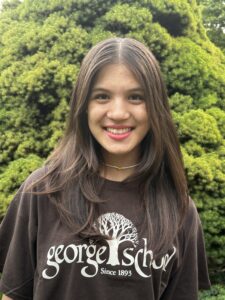 Yardley, PA
Yardley, PA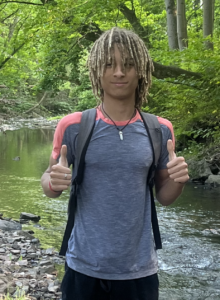 Lambertville, NJ
Lambertville, NJ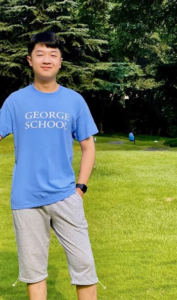 Chongqing, China
Chongqing, China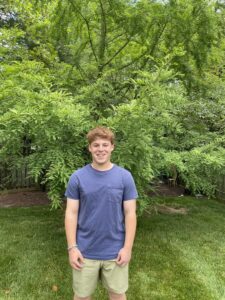 Pennington, NJ
Pennington, NJ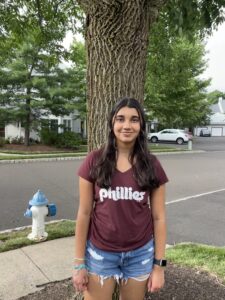 Yardley, PA
Yardley, PA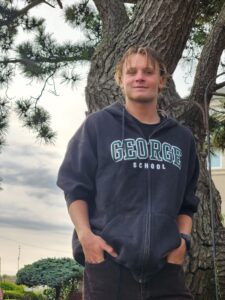 Bensalem, PA
Bensalem, PA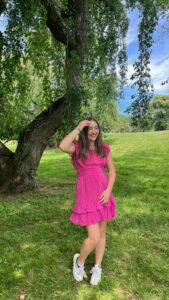 Borgota, Colombia
Borgota, Colombia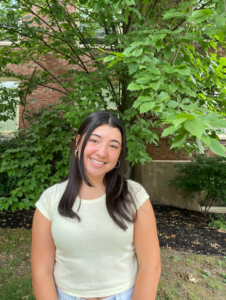 Newtown, PA
Newtown, PA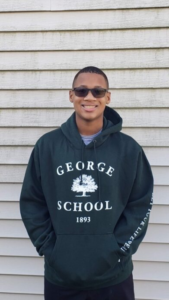 Burlington, NJ
Burlington, NJ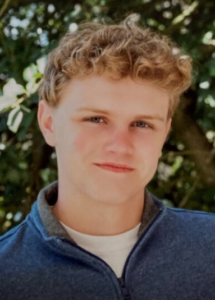 Langhorne, PA
Langhorne, PA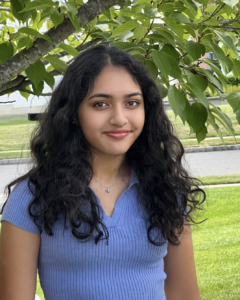 Princeton, NJ
Princeton, NJ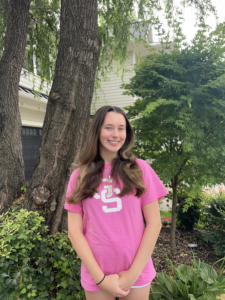 Langhorne, PA
Langhorne, PA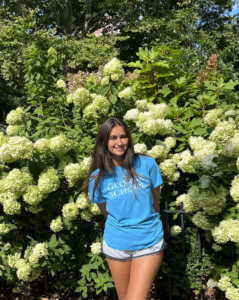 New York City, NY
New York City, NY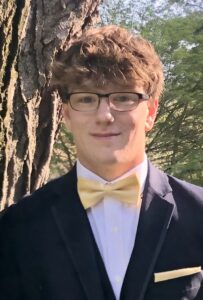 New Hope, PA
New Hope, PA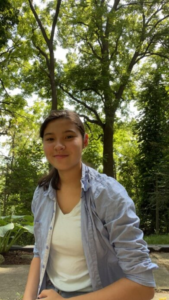 St. Catharines, Ontario, Canada
St. Catharines, Ontario, Canada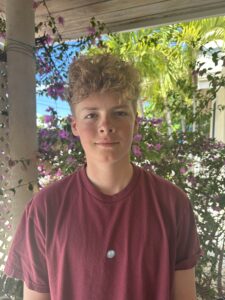 Providenciales, Turks and Caicos Islands
Providenciales, Turks and Caicos Islands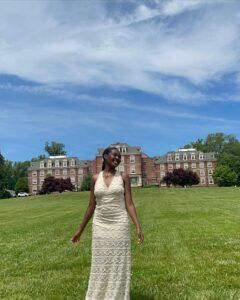 Willingboro, NJ
Willingboro, NJ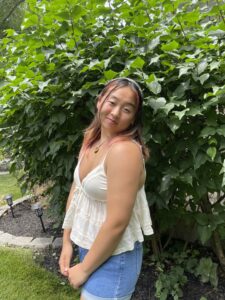 Princeton, NJ
Princeton, NJ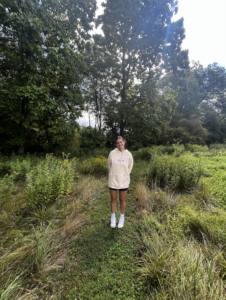
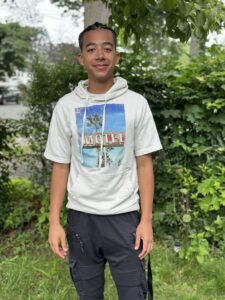 Newark, NJ
Newark, NJ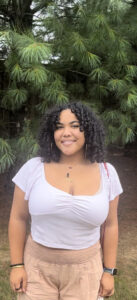 Trenton, NJ
Trenton, NJ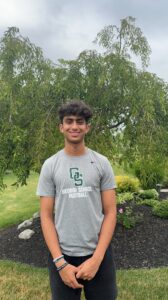 Newtown, PA
Newtown, PA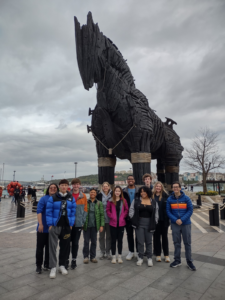
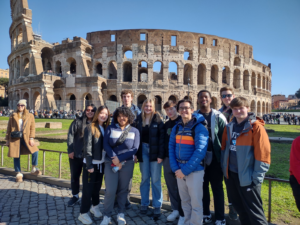
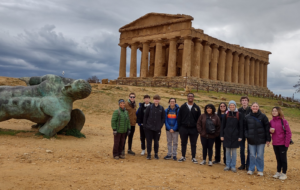
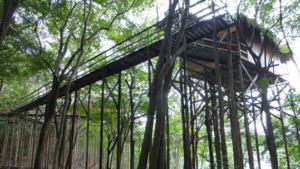
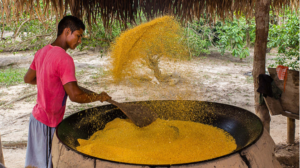

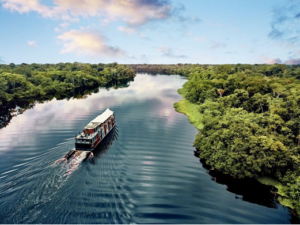
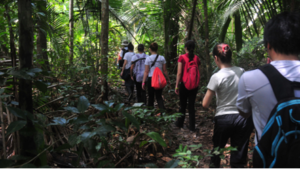
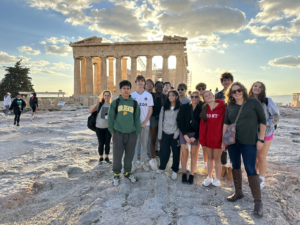
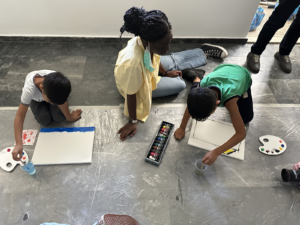
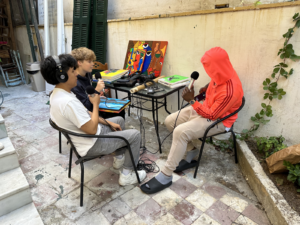
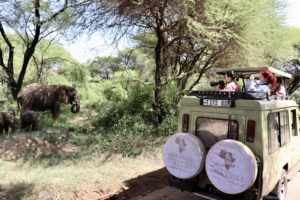
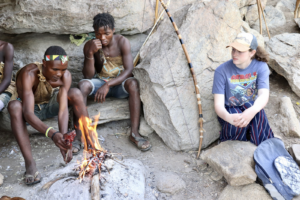
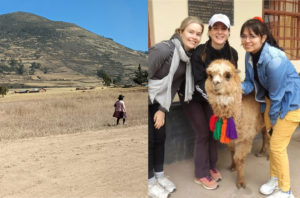
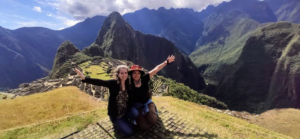
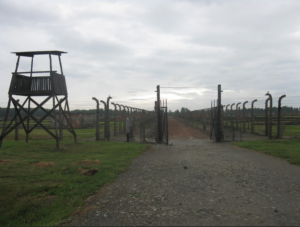
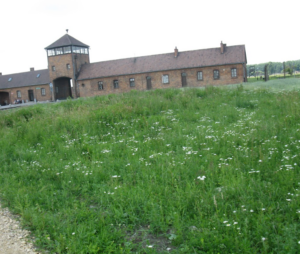
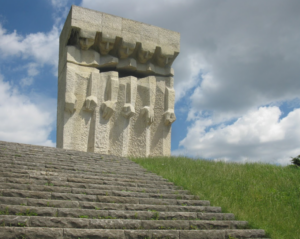
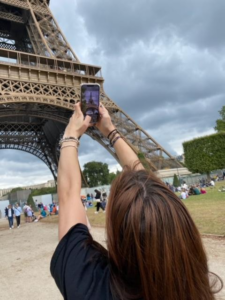
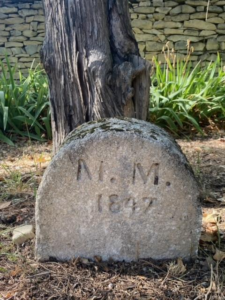
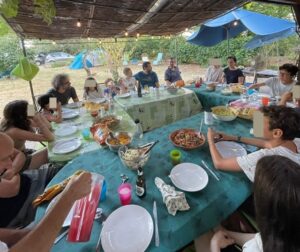
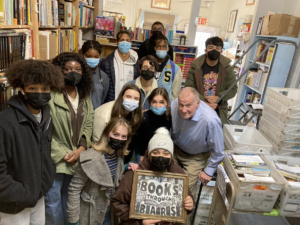
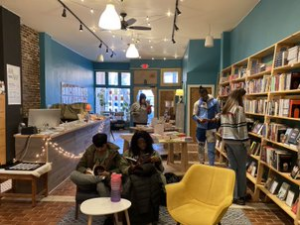
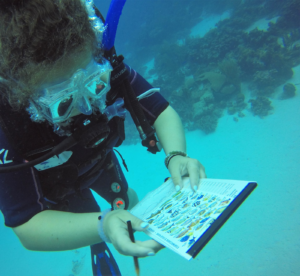
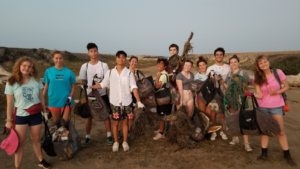
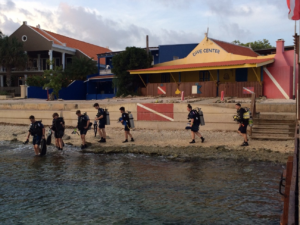
 Lawrence, NJ
Lawrence, NJ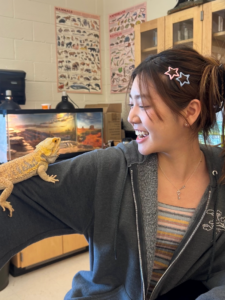 Seoul, South Korea
Seoul, South Korea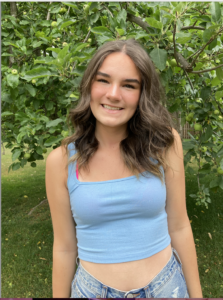
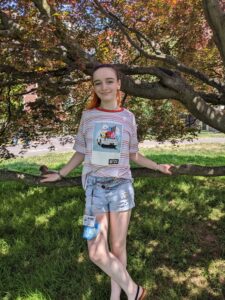 Milwaukee, Wisconsin
Milwaukee, Wisconsin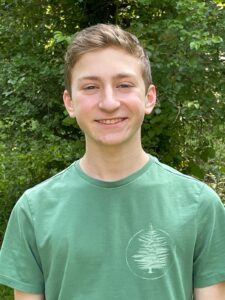 Pennington, NJ
Pennington, NJ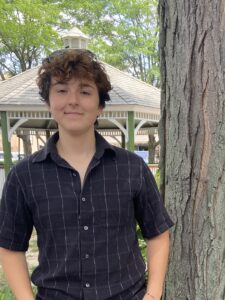 Jenkintown, PA
Jenkintown, PA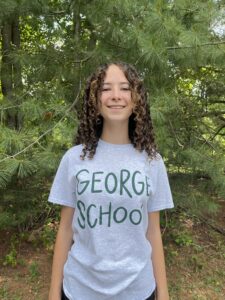 Ottsville, PA
Ottsville, PA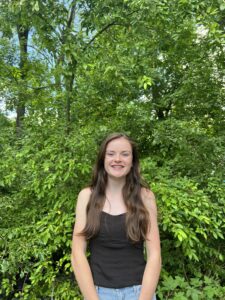 Yardley, PA
Yardley, PA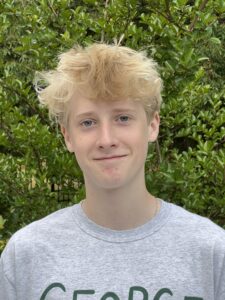 Providenciales, Turks and Caicos Islands
Providenciales, Turks and Caicos Islands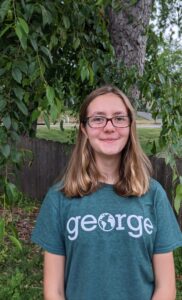 Hopewell, NJ
Hopewell, NJ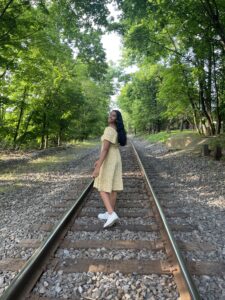
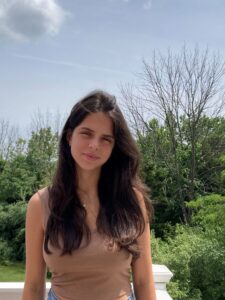 Pottstown, PA
Pottstown, PA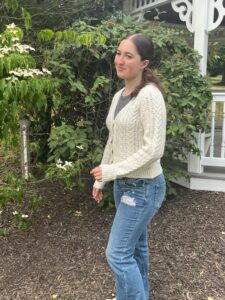 Playa del Carmen, Quintana Roo, México
Playa del Carmen, Quintana Roo, México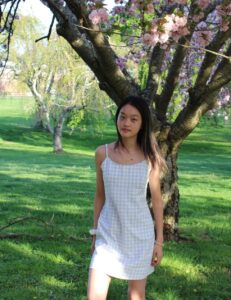 Shanghai, China
Shanghai, China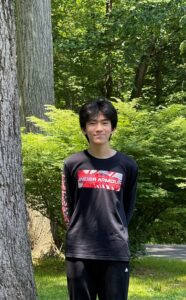 Beijing, China
Beijing, China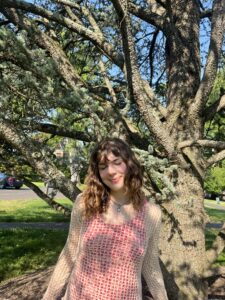 Yardley, PA
Yardley, PA Beijing, China
Beijing, China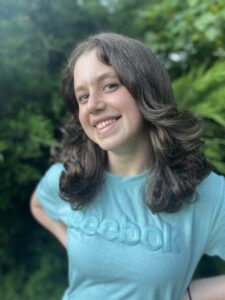 Holland, PA
Holland, PA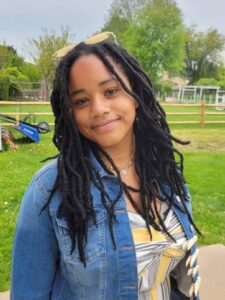 Langhorne, PA
Langhorne, PA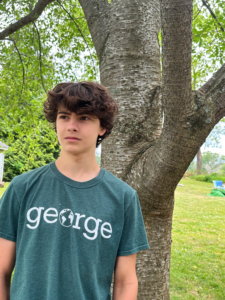 Ringoes, NJ
Ringoes, NJ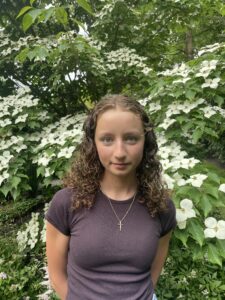 New Hope, PA
New Hope, PA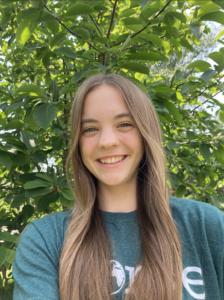 Dreshner, PA
Dreshner, PA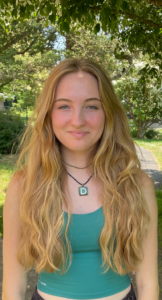 Yardley, PA
Yardley, PA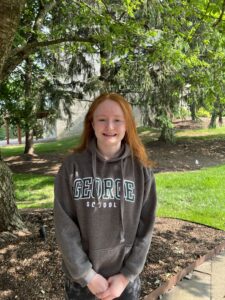 Yardley, PA
Yardley, PA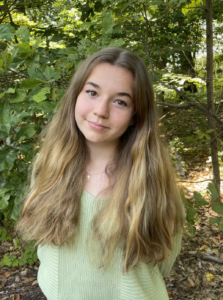 PA
PA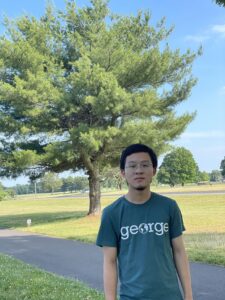

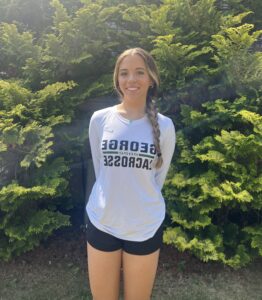
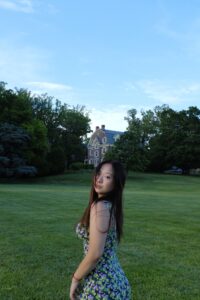 Xi’an, China
Xi’an, China